Home>Articles>What Is The Best Material For Bathroom Countertops
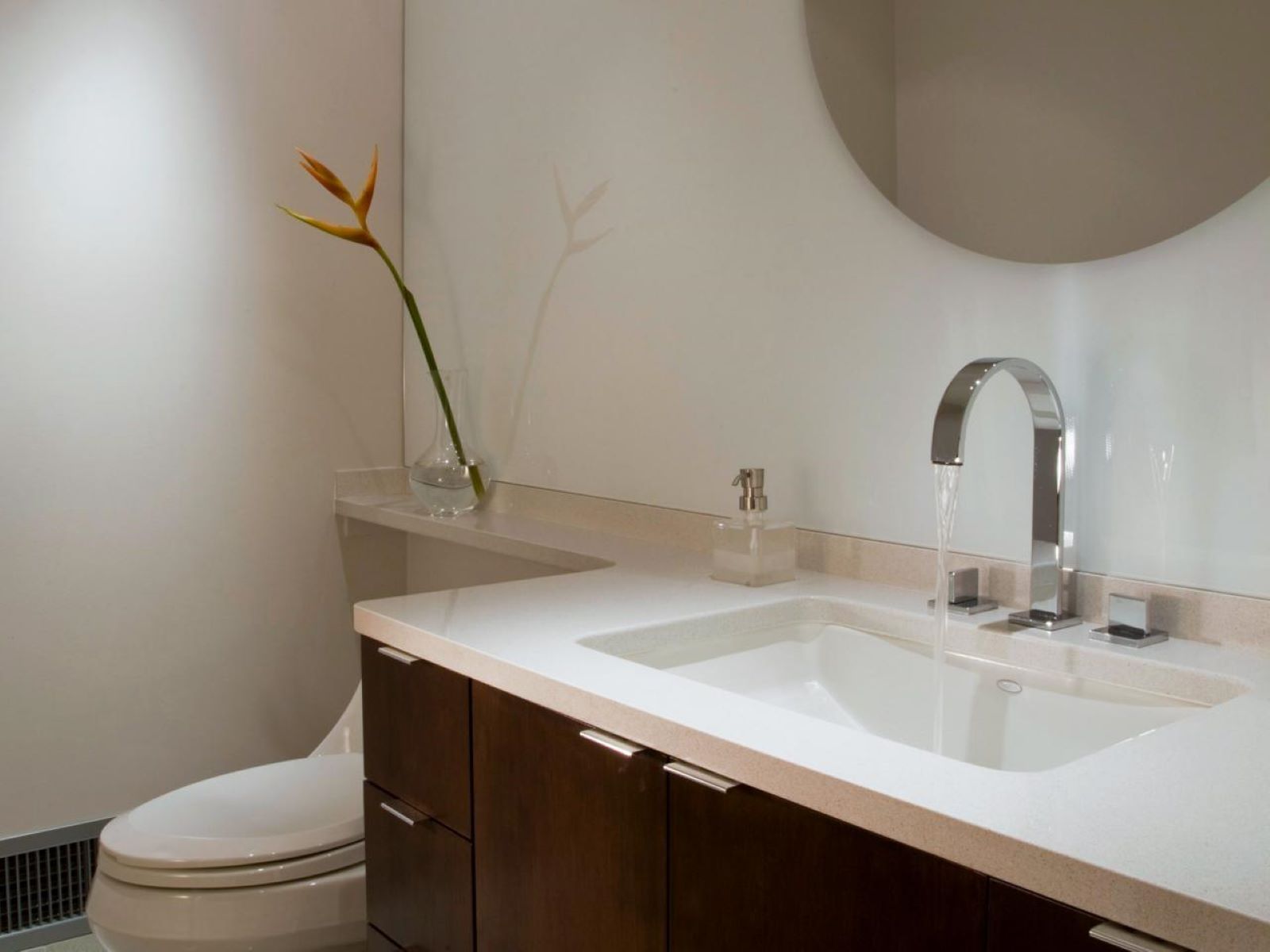

Articles
What Is The Best Material For Bathroom Countertops
Modified: January 7, 2024
Discover the best materials for bathroom countertops in our informative articles. From granite to quartz, find the perfect surface for your space.
(Many of the links in this article redirect to a specific reviewed product. Your purchase of these products through affiliate links helps to generate commission for Storables.com, at no extra cost. Learn more)
Introduction
When it comes to choosing the best material for bathroom countertops, there are various options available on the market. The countertop material not only adds style and beauty to the bathroom but also plays a crucial role in its durability and functionality.
With so many choices to consider, it can be overwhelming to determine which material is the best fit for your bathroom. Factors such as aesthetics, maintenance, durability, and budget should all be taken into account. To help you make an informed decision, we will explore the most popular materials for bathroom countertops and their key features.
Key Takeaways:
- Choose the best bathroom countertop material based on your lifestyle, budget, and style preferences. Consider factors like durability, maintenance, and aesthetics to make an informed decision that suits your needs.
- Each countertop material offers unique benefits, from the timeless beauty of marble to the durability of quartz. Carefully weigh your options and consult with a professional to ensure the best fit for your bathroom.
Read more: What Are The Best Roof Shingles
Granite Countertops
Granite countertops are a popular choice for bathrooms due to their natural beauty and durability. Granite is a natural stone that is formed from cooled magma, making each slab of granite unique in its patterns and colors.
One of the biggest advantages of granite countertops is their longevity. They are incredibly durable and resistant to scratches and heat, making them an ideal choice for busy bathrooms. Additionally, granite is a natural material, which means it does not emit harmful chemicals and is easy to maintain.
Granite countertops are available in a wide range of colors and patterns, allowing you to find the perfect match for your bathroom decor. They can add an elegant and luxurious touch to any space, and the natural veining and variations in color make each countertop a one-of-a-kind masterpiece.
However, it is important to note that granite countertops require regular sealing to maintain their beauty and durability. Without proper sealing, granite can absorb liquids, leading to staining and potential damage. Routine maintenance involves cleaning the surface with a mild detergent and avoiding harsh chemicals that can damage the sealant.
Overall, granite countertops are a timeless choice for bathroom countertops, combining durability, beauty, and functionality. If properly maintained, they can last for decades, making them a worthwhile investment for your bathroom.
Quartz Countertops
Quartz countertops have gained immense popularity in recent years and have become a sought-after choice for bathroom countertops. Unlike natural stone countertops, quartz countertops are engineered using a combination of ground quartz, resin, and pigments.
One of the main advantages of quartz countertops is their durability. They are highly resistant to scratches, stains, and heat, making them an excellent choice for high-traffic bathrooms. Quartz countertops are also non-porous, which means they do not harbor bacteria or viruses, making them a hygienic option for the bathroom.
Another appealing aspect of quartz countertops is their wide range of colors and patterns. As they are engineered, quartz countertops can be customized to match any design aesthetic. Whether you prefer a sleek and modern look or a more traditional style, there is a quartz countertop available to meet your specific needs.
Maintenance of quartz countertops is relatively low. They require simple cleaning with mild soap and water, and there is no need for regular sealing or reconditioning. However, it is essential to avoid using abrasive cleaners or harsh chemicals that can damage the surface.
While quartz countertops offer numerous advantages, it is worth mentioning that they can be more expensive than other countertop materials. The cost of quartz countertops can vary depending on the manufacturer, design, and installation requirements. However, considering their durability and longevity, many homeowners believe that the investment is well worth it.
Overall, quartz countertops are a versatile and durable option for bathroom countertops. Their wide range of colors, low maintenance requirements, and resistance to stains and heat make them an attractive choice for homeowners looking for both style and practicality.
Marble Countertops
Marble countertops have long been associated with luxury and elegance. Made from natural stone, marble countertops are sought-after for their timeless beauty and unique veining patterns.
One of the main advantages of marble countertops is their aesthetic appeal. They can instantly elevate the look of any bathroom, adding a touch of sophistication and elegance. Marble is available in a wide range of colors, including white, gray, and various earth tones, allowing for versatile design options.
In addition to their beauty, marble countertops offer excellent heat resistance, making them perfect for use in bathrooms. They offer a cool and smooth surface that is ideal for placing hot styling tools or beauty products on.
However, it’s important to note that marble is a porous material, which means it is susceptible to staining and etching. Regular sealing is required to minimize the risk of damage from substances such as makeup, toothpaste, or acidic cleaners. It is also advisable to use cutting boards and trivets to protect the surface from scratches and heat marks.
Another consideration with marble countertops is that they require regular maintenance to keep them looking their best. Cleaning should be done with a mild soap and water solution, and acidic or abrasive cleaners should be avoided to prevent damage to the surface.
Furthermore, it is worth noting that marble countertops can be more susceptible to chipping and cracking compared to other materials, such as quartz or granite. Therefore, extra care should be taken to avoid impact or heavy objects being dropped on the countertop.
Marble countertops are a luxurious choice that can add a touch of elegance to any bathroom. While they require more maintenance and care compared to other materials, their timeless beauty and natural appeal make them a popular option among homeowners who value style and sophistication.
Solid Surface Countertops
Solid surface countertops are a versatile and popular choice for bathroom countertops. Made from acrylic or polyester blends, solid surface countertops offer a seamless and uniform appearance, with a wide range of color options available.
One of the main advantages of solid surface countertops is their ability to be custom fabricated. This means they can be molded and shaped to fit any bathroom design, including curved or irregular shapes. The seamless joints create a sleek and modern look, enhancing the overall aesthetic of the bathroom.
In addition to their aesthetic appeal, solid surface countertops are highly durable and resistant to stains, bacteria, and water damage. They are non-porous, making them easy to clean and maintain. Solid surface countertops also have the advantage of being repairable, as any scratches or scuffs can be easily buffed out.
Another benefit of solid surface countertops is their ability to integrate sinks and backsplashes seamlessly. This creates a visually clean and cohesive look in the bathroom, eliminating any grout lines or joints that could trap dirt and grime.
While solid surface countertops offer numerous advantages, it is important to note that they are not as heat-resistant as other materials like quartz or granite. Direct contact with hot objects can cause damage to the surface, so it is recommended to use trivets or hot pads to protect the countertop.
Furthermore, solid surface countertops may require periodic maintenance and polishing to restore their original shine. This can be done easily with the use of a mild abrasive cleaner and a soft cloth.
Overall, solid surface countertops are a versatile and durable option for bathroom countertops. Their seamless and customizable design, along with their resistance to stains and bacteria, make them an attractive choice for homeowners looking for a modern and low-maintenance option.
Quartz is the best material for bathroom countertops due to its durability, low maintenance, and resistance to stains and water damage. It also comes in a variety of colors and patterns to suit any design.
Read more: What Is The Best Material For A Flat Roof
Ceramic Tile Countertops
Ceramic tile countertops have long been a popular choice for bathroom countertops due to their versatility, affordability, and wide range of design options. Ceramic tiles are made from clay and other natural materials, which are kiln-fired to create durable and water-resistant surfaces.
One of the main advantages of ceramic tile countertops is the vast array of options available. From solid colors to intricate patterns and designs, ceramic tiles offer endless possibilities for customization and personalization. This allows homeowners to create a unique and personalized look for their bathroom countertops.
In addition to their design versatility, ceramic tile countertops are highly resistant to stains, heat, and moisture. They are easy to clean and maintain, requiring only regular wiping down with a mild detergent and water. Ceramic tiles are also durable and long-lasting when properly installed and cared for.
Another benefit of ceramic tile countertops is their cost-effectiveness. They are generally more affordable compared to other countertop materials like granite or quartz. This makes them a popular choice for homeowners on a budget or those looking to upgrade their bathroom countertops without breaking the bank.
However, it is important to note that ceramic tile countertops may require periodic regrouting and maintenance to keep them in good condition. Grout lines between the tiles can become discolored over time and may need to be cleaned or replaced. Additionally, ceramic tiles can chip or crack if subjected to heavy impact or dropped objects.
Ceramic tile countertops also have a slightly uneven surface due to the grout lines, which may not be ideal for some homeowners who prefer a completely smooth surface.
Overall, ceramic tile countertops offer a cost-effective and visually appealing option for bathroom countertops. With their design versatility, durability, and easy maintenance, they are a popular choice for homeowners looking to add style and functionality to their bathroom space.
Laminate Countertops
Laminate countertops are a popular and budget-friendly option for bathroom countertops. They are made by bonding layers of decorative paper or fabric onto a particleboard or plywood base, which is then sealed with a protective layer.
One of the main advantages of laminate countertops is their affordability. They are generally much more budget-friendly compared to other countertop materials like granite or quartz. This makes them a popular choice for homeowners who want to update their bathroom countertops without a significant financial investment.
In addition to being cost-effective, laminate countertops offer a wide range of design options. They come in various colors, patterns, and styles, including designs that mimic the look of natural stone or wood. This allows homeowners to achieve the desired aesthetic for their bathroom without the hefty price tag.
Another benefit of laminate countertops is their low maintenance. They are resistant to stains, heat, and moisture, making them suitable for use in bathrooms. Cleaning laminate countertops is relatively simple, requiring only regular wiping down with a mild detergent and water.
However, it is important to note that laminate countertops are not as durable or scratch-resistant as other materials like granite or quartz. They can be prone to chips, scratches, and burns if not properly cared for. Excessive moisture exposure can also cause the laminate surface to peel or warp over time.
Furthermore, laminate countertops are not as resistant to chemicals and abrasive cleaners as other materials. Harsh chemicals can damage the protective layer and cause discoloration or delamination.
Overall, laminate countertops offer an affordable and versatile option for bathroom countertops. With their wide range of design options and low maintenance requirements, they are a popular choice for homeowners looking to update their bathroom’s aesthetics without breaking the bank.
Concrete Countertops
Concrete countertops have gained significant popularity in recent years due to their unique and modern aesthetic. Made by mixing cement, sand, and aggregates, concrete countertops offer a sleek and industrial look for bathroom spaces.
One of the main advantages of concrete countertops is their versatility in design. They can be customized to any shape or size, allowing for unique and creative designs. Concrete countertops can also be dyed or stained in a variety of colors, giving homeowners the freedom to match their bathroom decor.
In addition to their design flexibility, concrete countertops are highly durable and heat-resistant. They can withstand high temperatures and are unlikely to chip or crack with regular use. Concrete countertops are also resistant to stains and bacterial growth when properly sealed and maintained.
Another benefit of concrete countertops is their longevity. With proper care and maintenance, they can last for decades, making them a worthwhile investment for homeowners. Routine sealing is required to protect the surface from stains and moisture penetration.
However, it is important to note that concrete countertops can be prone to hairline cracks and can develop a patina over time, which some homeowners may find appealing for its rustic charm. Additionally, concrete countertops may require periodic waxing or resealing to maintain their shine and durability.
Installation of concrete countertops can be more complex and time-consuming compared to other materials, as it involves pouring and curing the concrete. Therefore, professional installation is often recommended to achieve the best results.
Overall, concrete countertops offer a contemporary and edgy option for bathroom countertops. With their versatility in design, durability, and heat resistance, they are a popular choice for homeowners who want to make a bold statement in their bathroom space.
Wood Countertops
Wood countertops offer a warm and natural aesthetic that brings a touch of nature into the bathroom. They are made from various types of wood, such as maple, oak, walnut, or reclaimed wood, and provide a unique and timeless look.
One of the main advantages of wood countertops is their natural beauty. The rich tones and grain patterns of the wood add warmth and character to any bathroom. Wood countertops can be customized by choosing different types of wood and finishes to match the desired style and decor.
In addition to their aesthetic appeal, wood countertops offer a softer and warmer surface compared to materials like granite or quartz. This makes them comfortable to lean on and reduces the risk of breakage if items are accidentally dropped.
Wood countertops also have natural antibacterial properties, making them a hygienic option for the bathroom. Wood contains enzymes that can kill bacteria, making it less likely for germs to thrive on the surface. However, it’s important to note that regular cleaning is still necessary to maintain cleanliness and prevent the growth of mold or mildew.
While wood countertops are durable, they do require routine maintenance to keep them in good condition. This includes regular sealing with food-safe oils or finishes to protect the wood from moisture and stains. It’s also recommended to avoid cutting directly on the countertop and to use a cutting board to prevent scratches.
Wood countertops are not as heat resistant as materials like granite or quartz, so it is important to use trivets or hot pads to protect the surface from hot objects.
Overall, wood countertops offer a unique and warm option for bathroom countertops. With their natural beauty, customization options, and antibacterial properties, they are a popular choice for homeowners who appreciate the organic and inviting feel of wood in their bathroom space.
Read more: How To Attach Granite Countertop To Vanity
Conclusion
Choosing the best material for bathroom countertops is an important decision that requires careful consideration. Each material offers its own unique benefits, and understanding these advantages can help you make an informed choice based on your needs, budget, and style preferences.
Granite countertops provide durability and natural beauty, with a wide range of colors and patterns to choose from. Quartz countertops offer low maintenance and a vast array of design options, suitable for homeowners seeking a modern and customizable look. Marble countertops exude luxury and elegance, while solid surface countertops offer seamless designs and easy maintenance.
Ceramic tile countertops provide versatility and affordability, allowing for creative and personalized designs. Laminate countertops offer budget-friendly options with a variety of styles, while concrete countertops offer a contemporary and industrial aesthetic. Wood countertops bring warmth and natural beauty to the bathroom, creating a unique and inviting space.
Ultimately, the best material for bathroom countertops will depend on your preferences, lifestyle, and budget. Consider factors such as durability, maintenance requirements, style, and functionality when making your decision. It may be helpful to consult with a professional to ensure your chosen material is suitable for the specific requirements of your bathroom.
Whichever material you choose, proper care and maintenance are essential to prolonging the lifespan and preserving the beauty of your bathroom countertops. Regular cleaning, sealing, and avoiding harsh chemicals or excessive heat will help maintain their appearance and functionality for years to come.
In conclusion, by carefully weighing the options and understanding the characteristics of different materials, you can select the ideal bathroom countertop material that combines aesthetics, durability, and practicality, transforming your bathroom into a beautiful and functional space for years to come.
Frequently Asked Questions about What Is The Best Material For Bathroom Countertops
Was this page helpful?
At Storables.com, we guarantee accurate and reliable information. Our content, validated by Expert Board Contributors, is crafted following stringent Editorial Policies. We're committed to providing you with well-researched, expert-backed insights for all your informational needs.
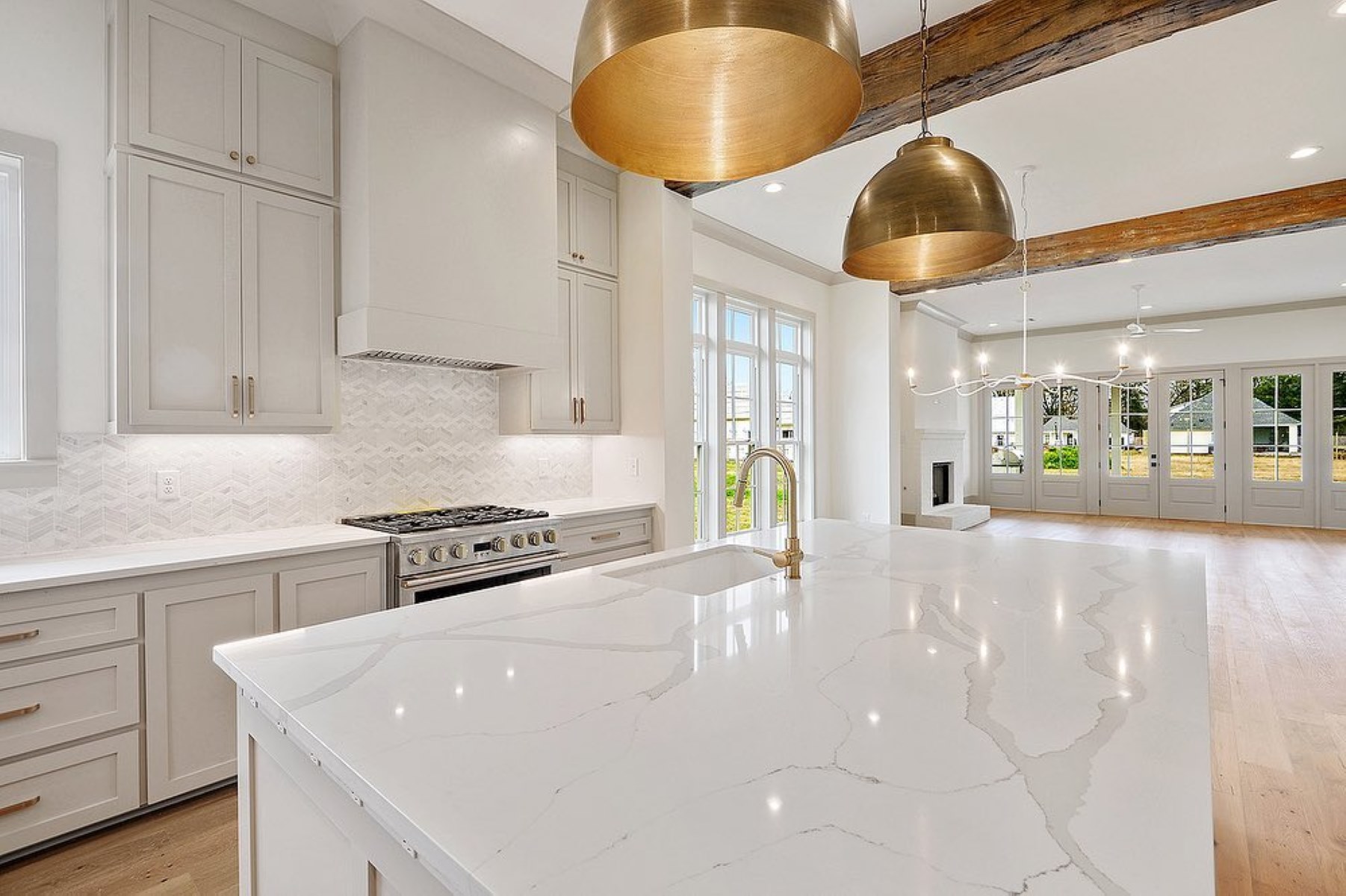
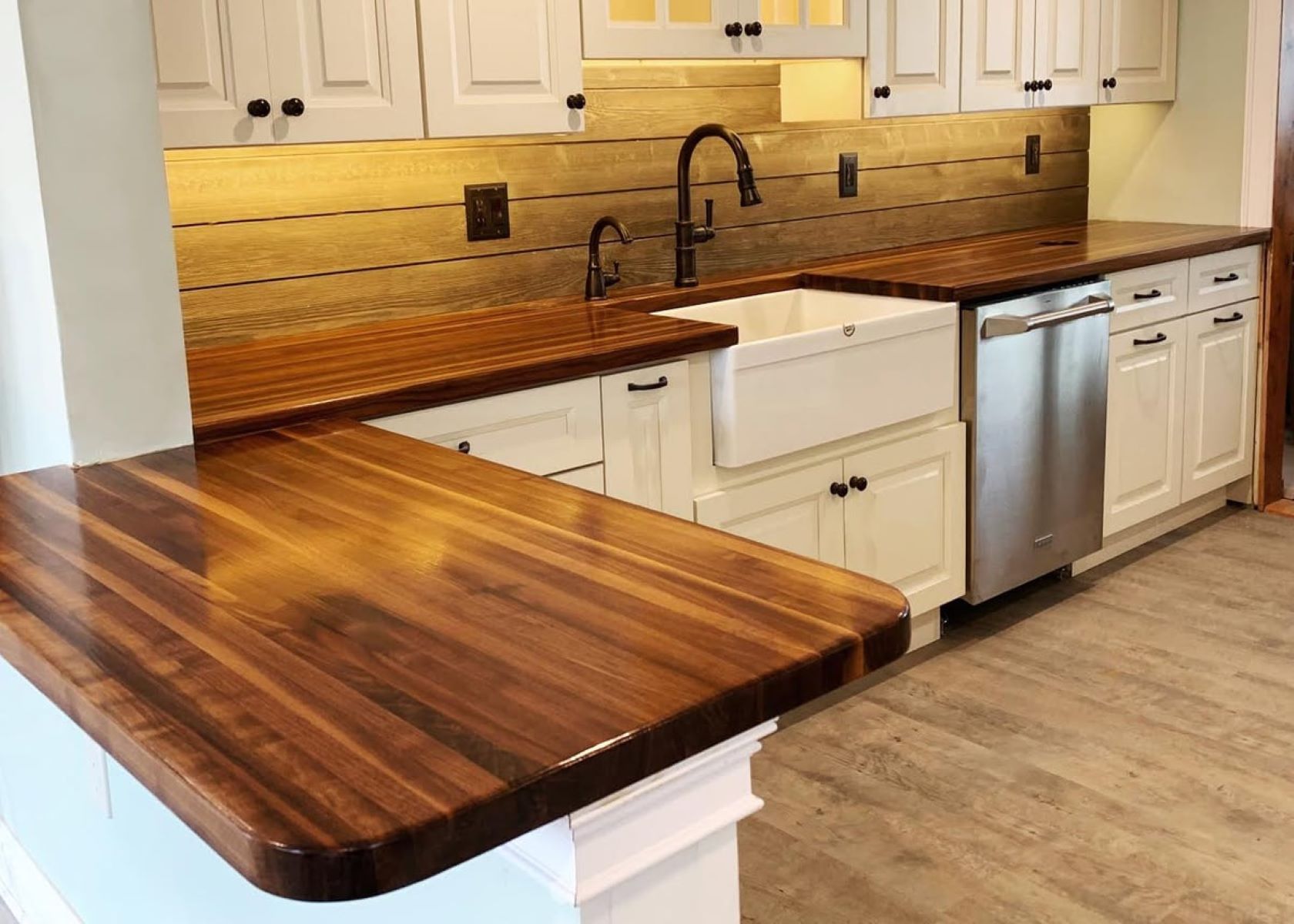
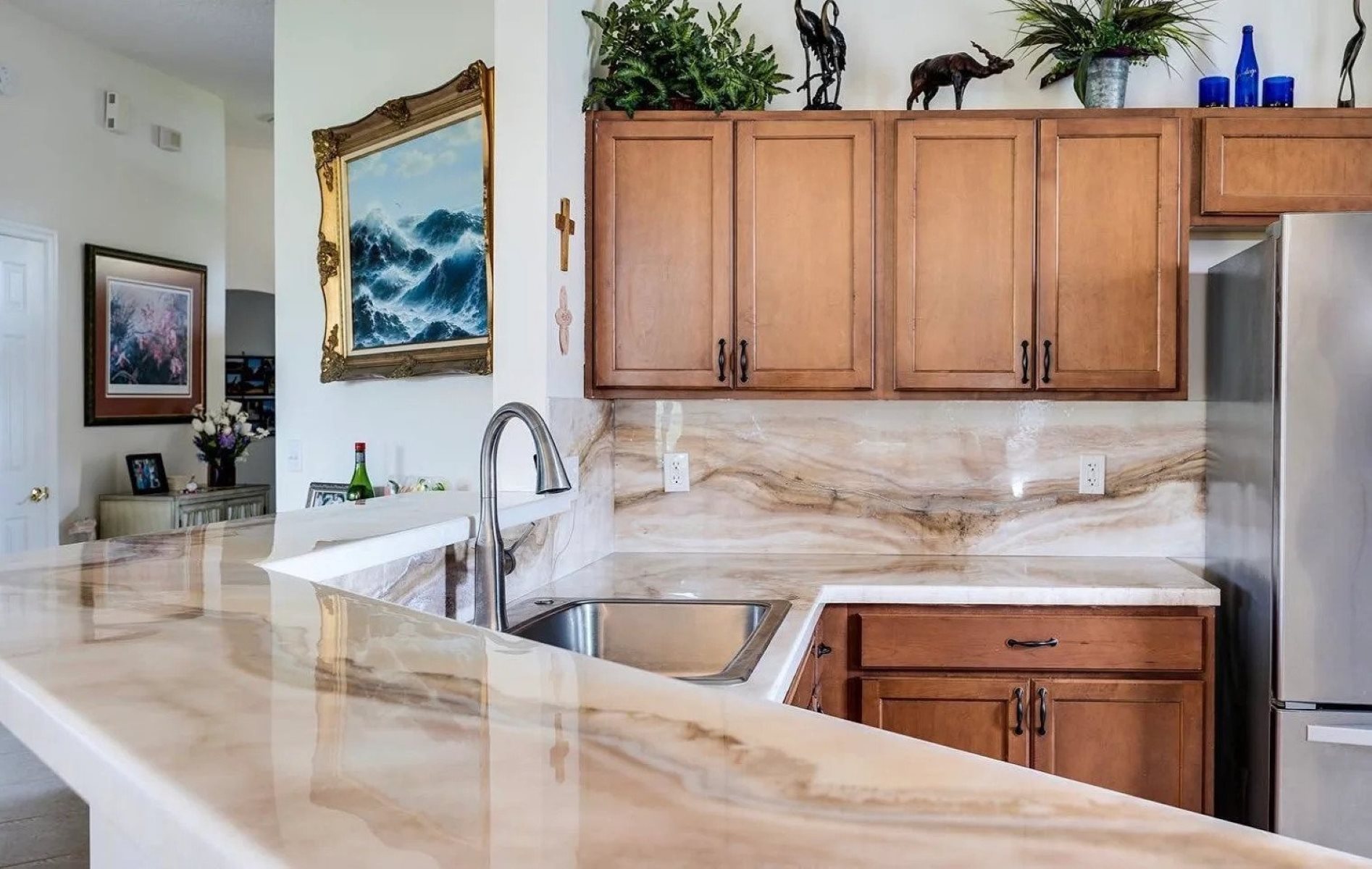
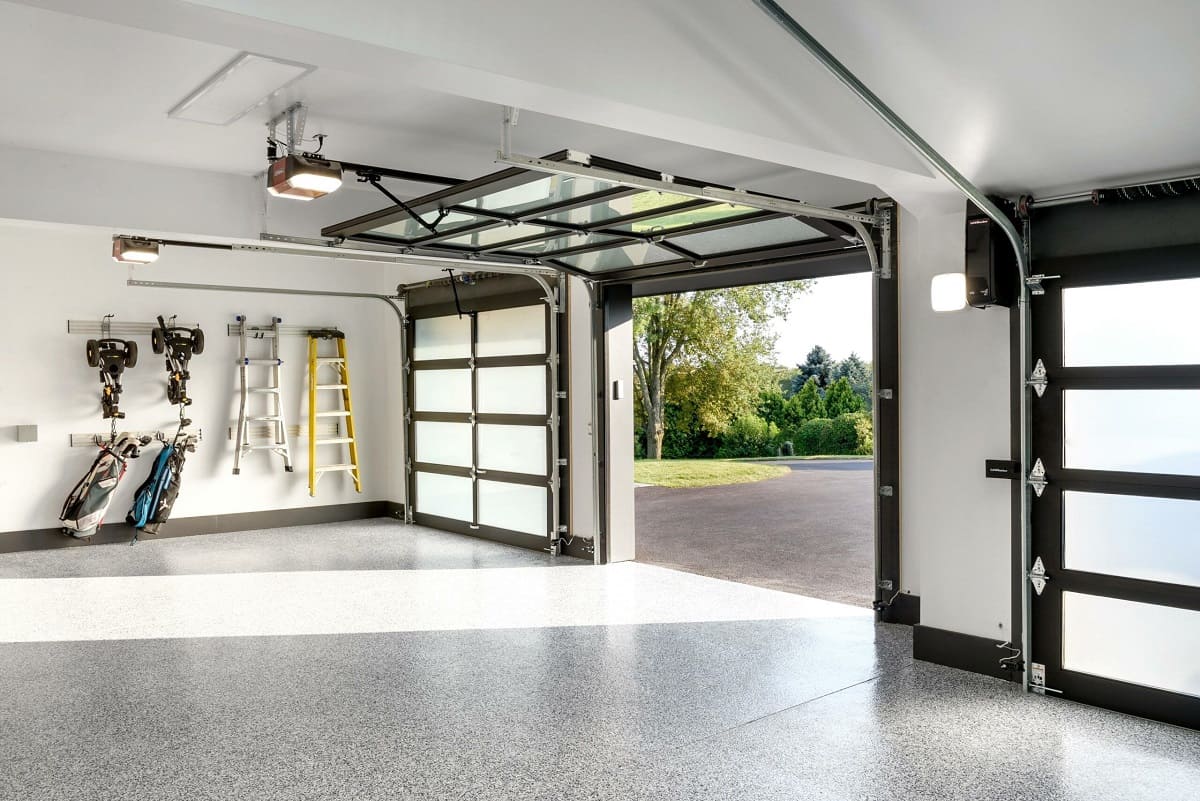
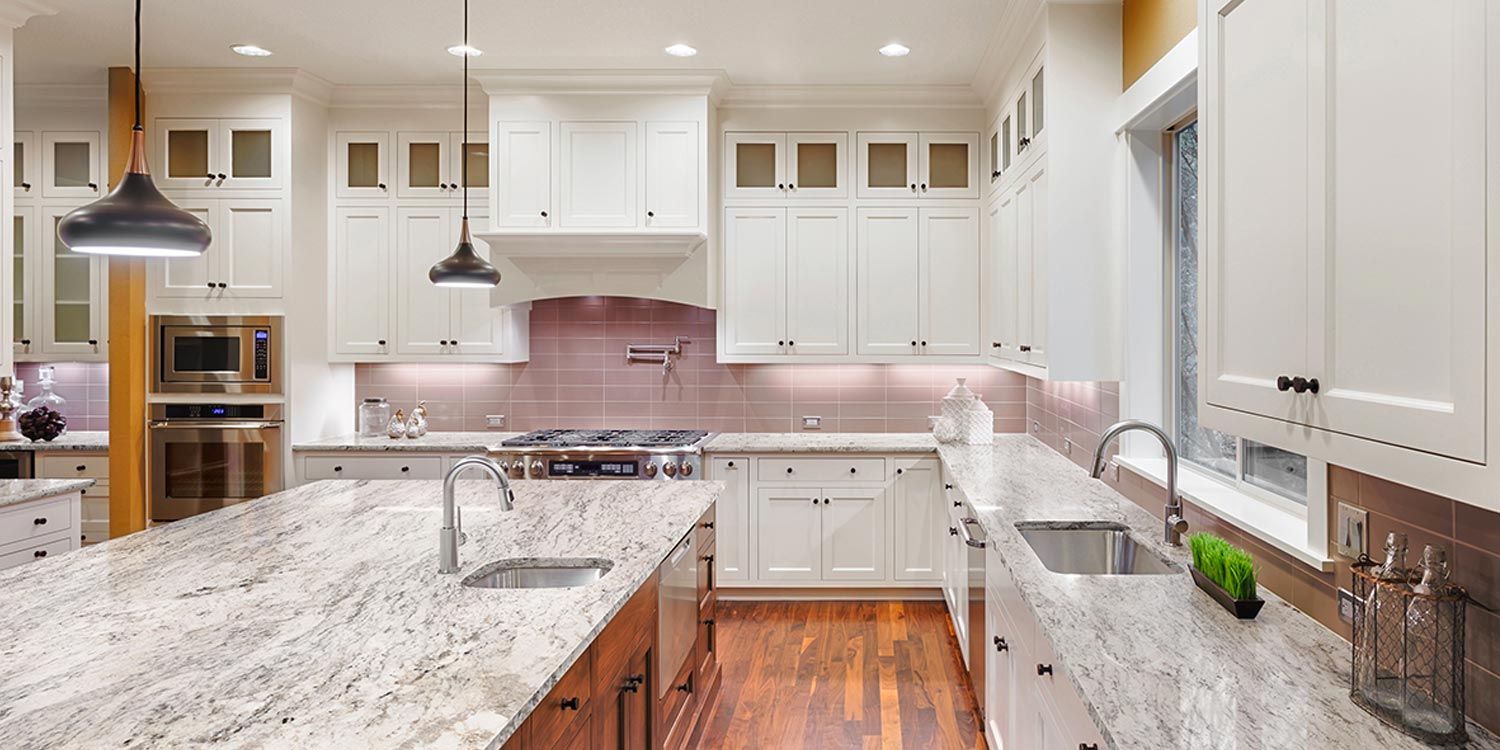
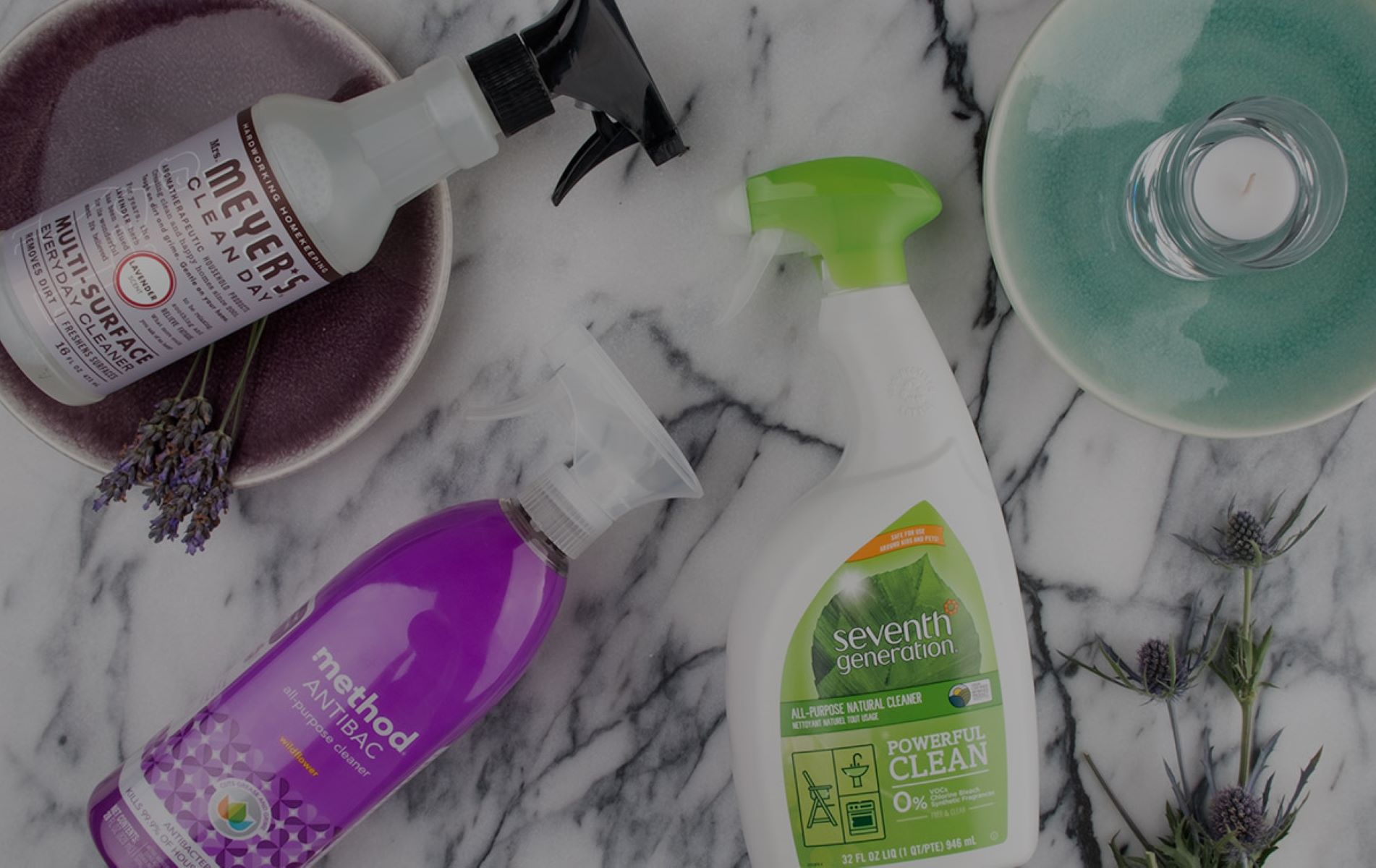
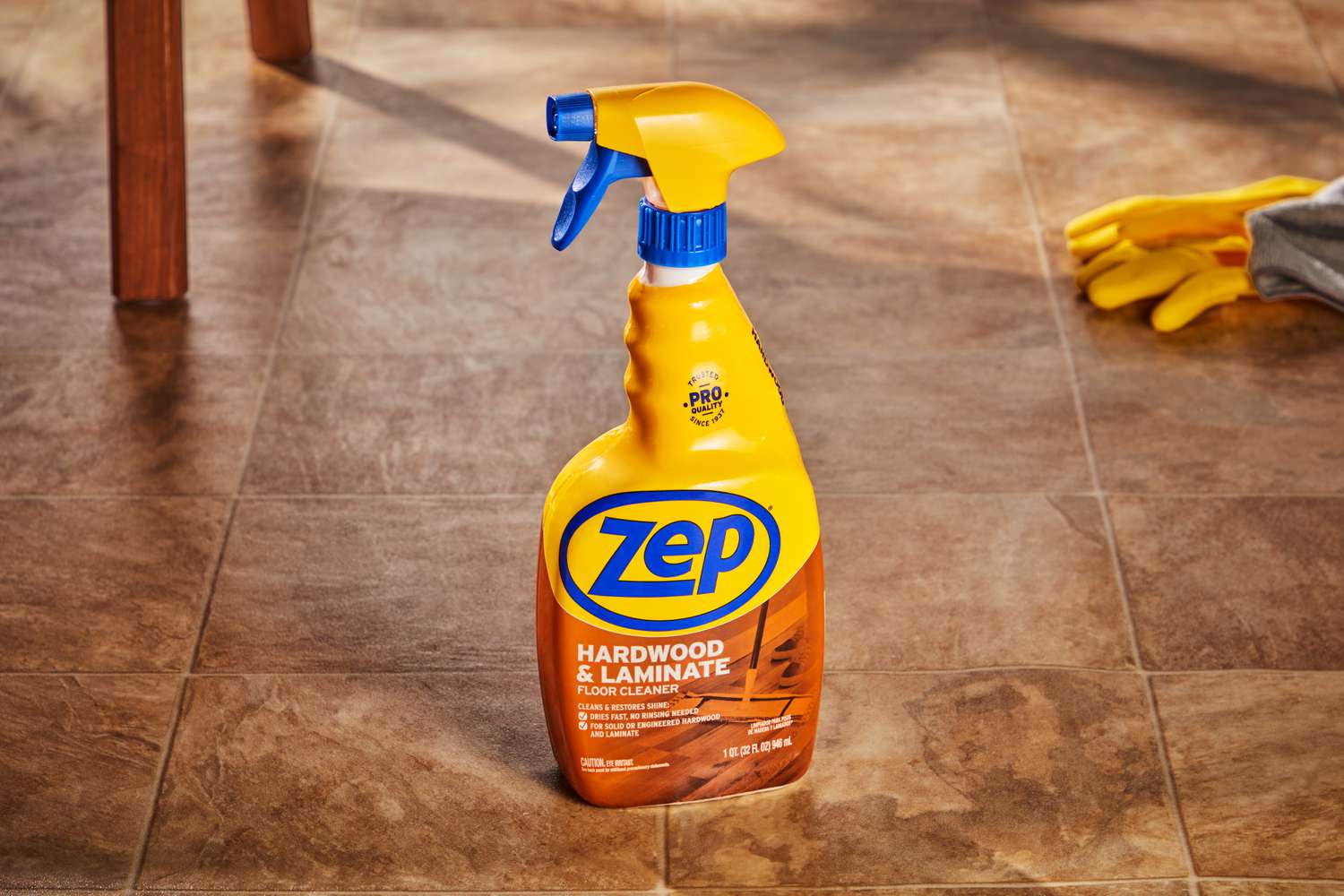
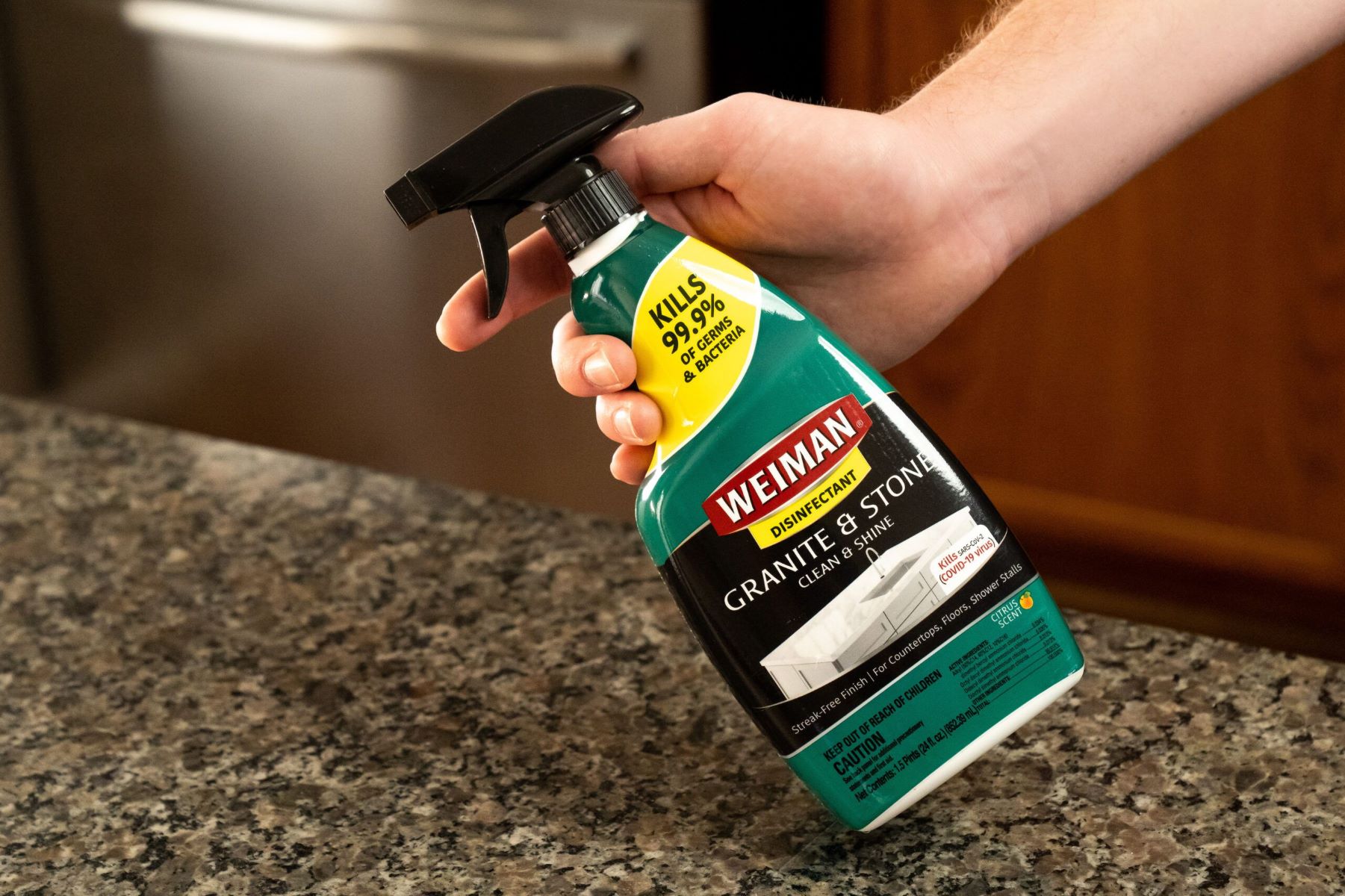
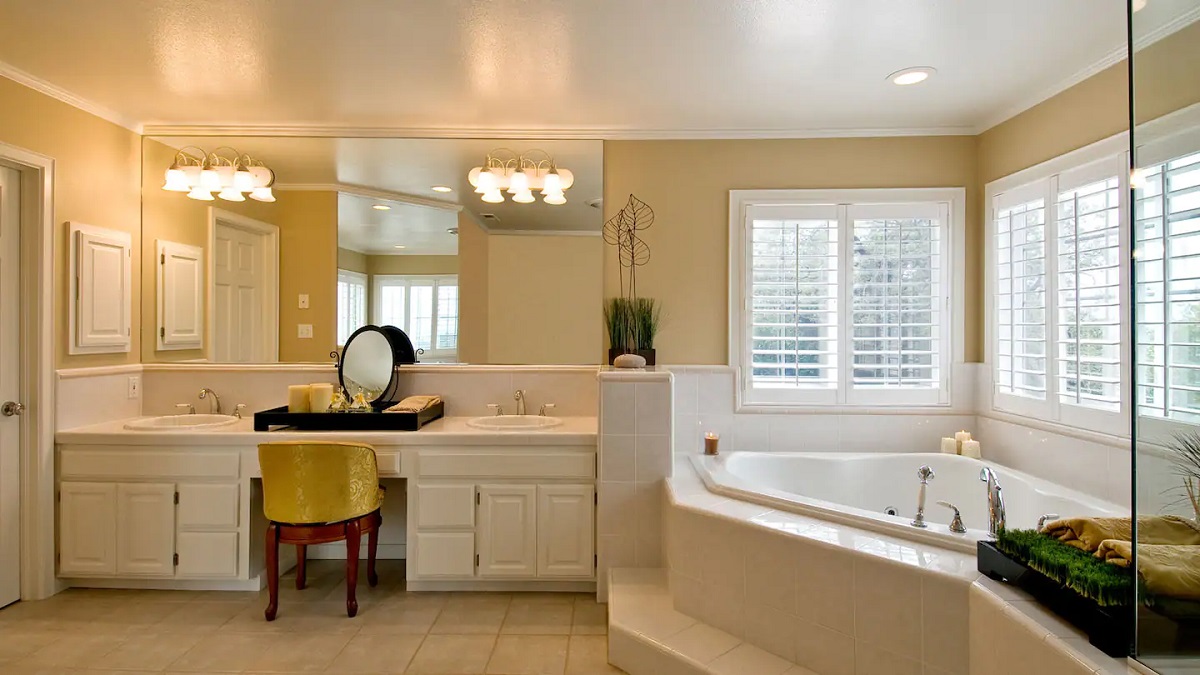
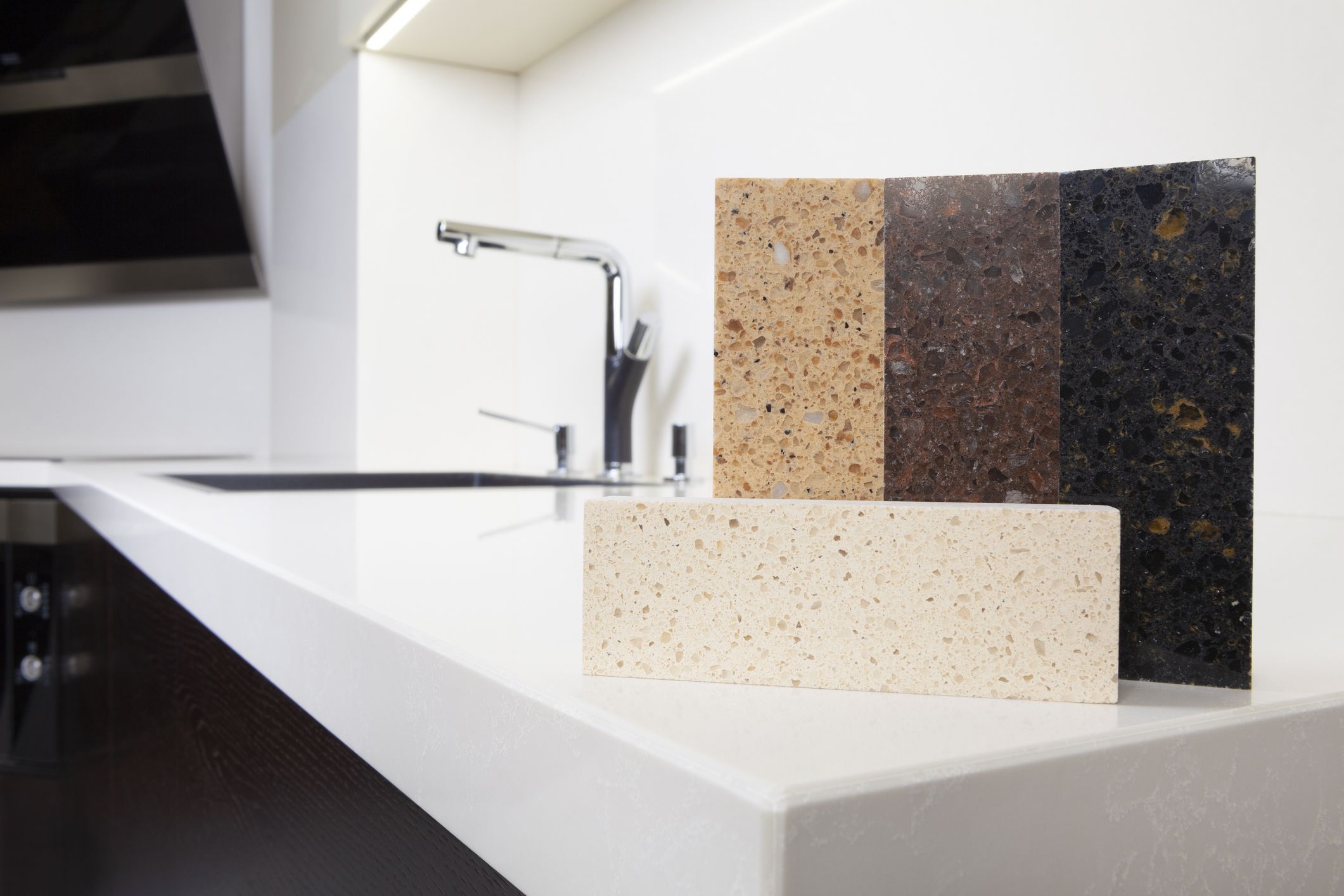
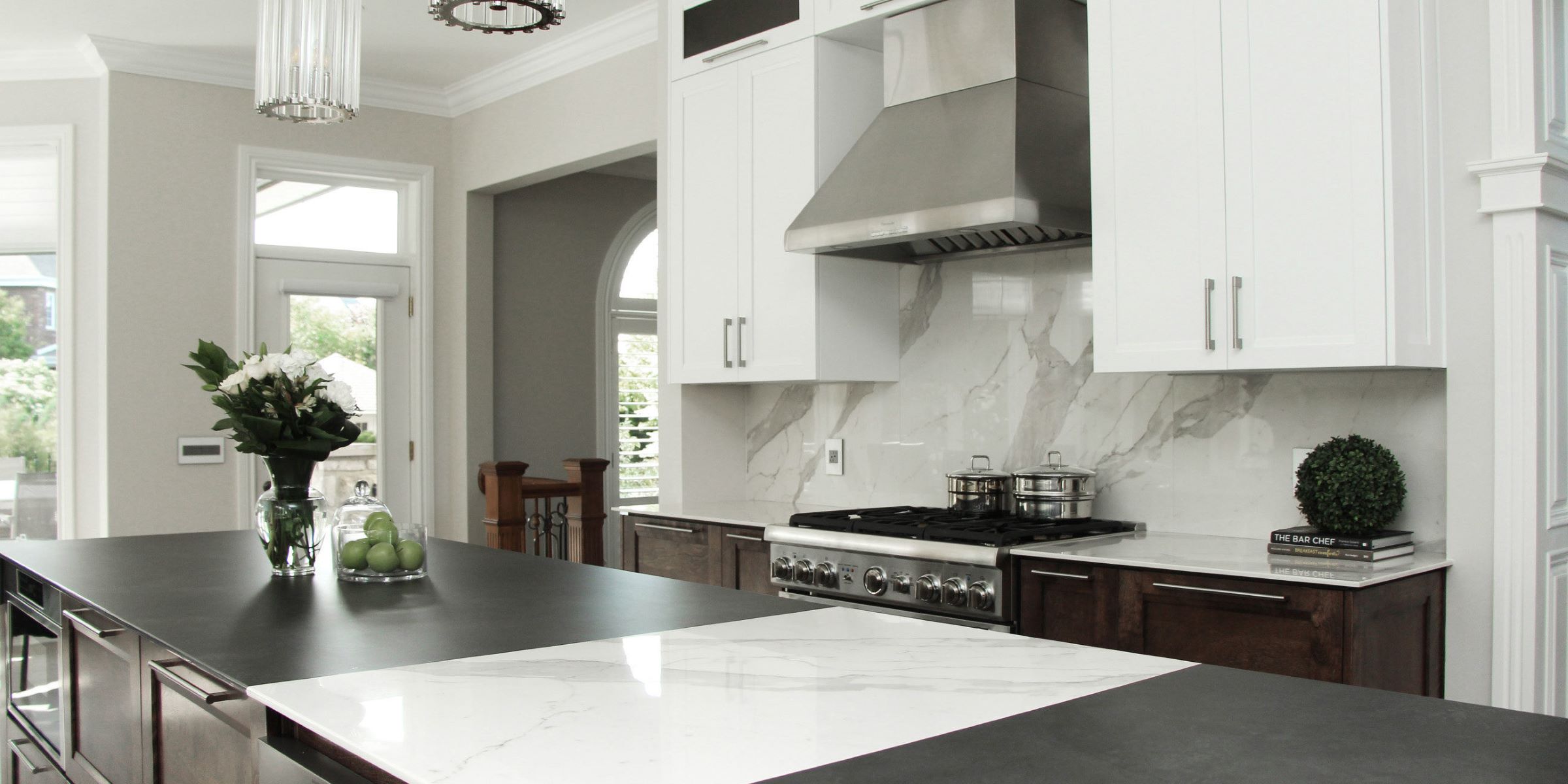
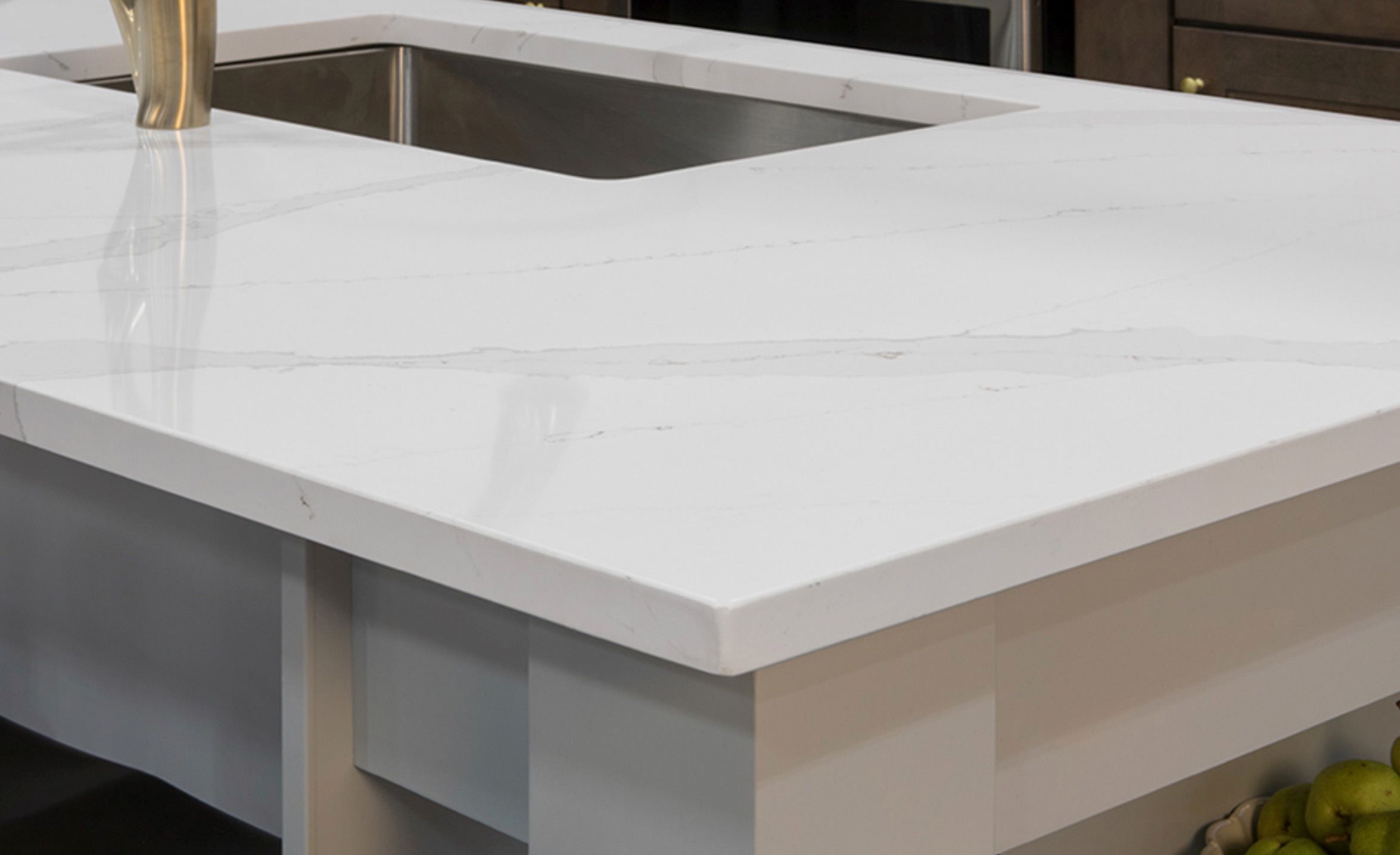
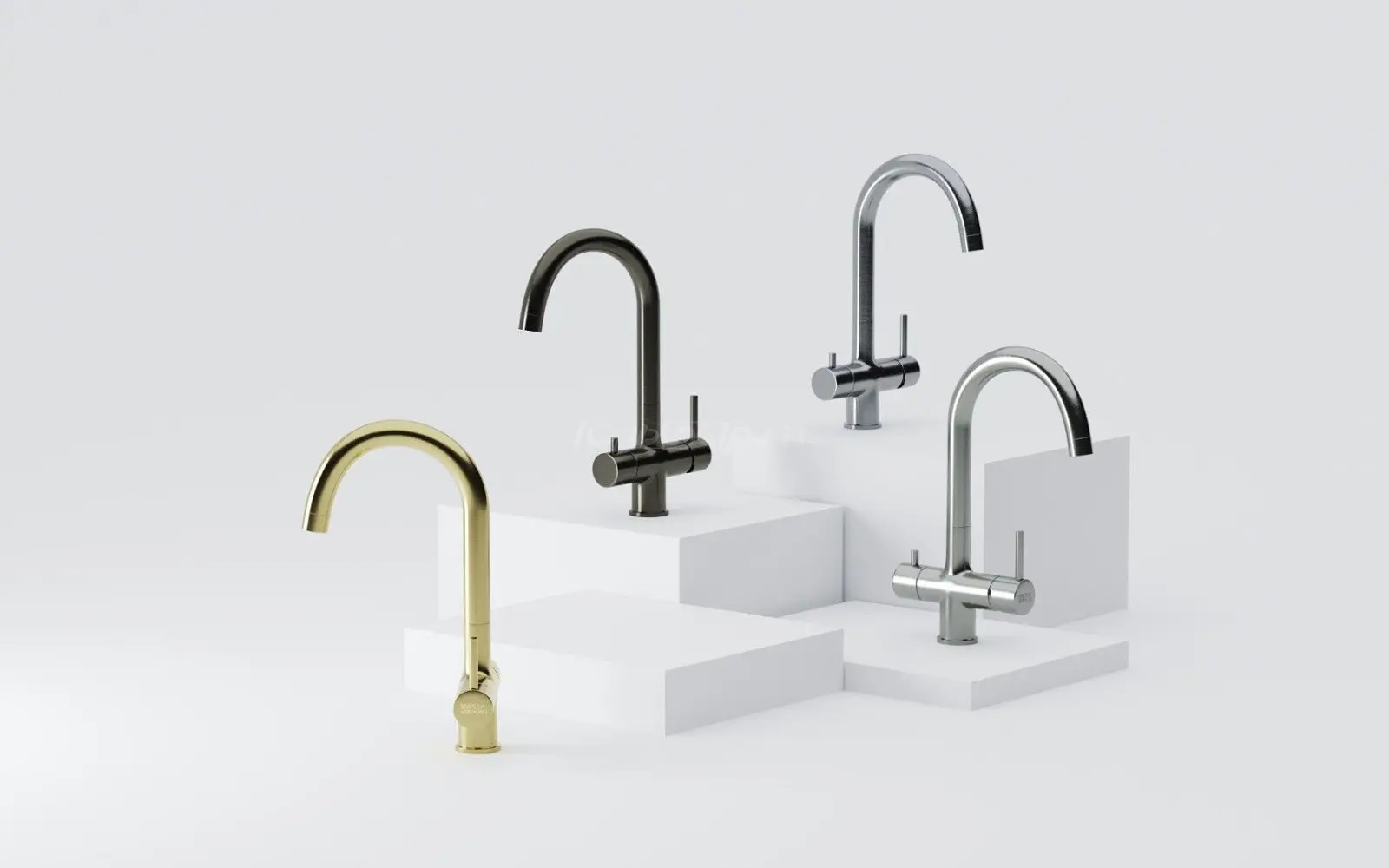

0 thoughts on “What Is The Best Material For Bathroom Countertops”